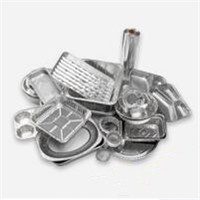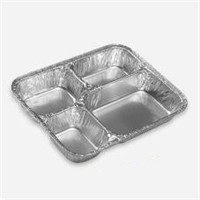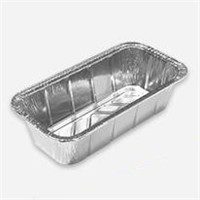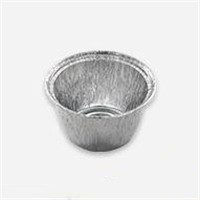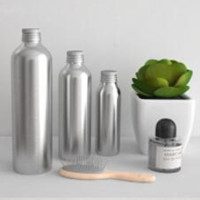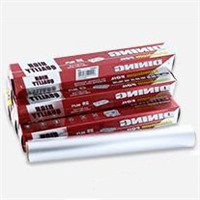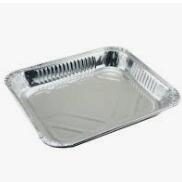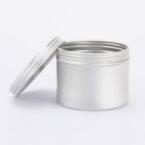Certainly! Here is a practical guide to using aluminum containers effectively:
- Choosing the Right Size and Type: Consider the size and type of aluminum container that best suits your needs. Determine the volume and dimensions required for your specific application, whether it’s for food storage, packaging, or any other purpose. Choose between options such as cans, trays, or foil containers based on your requirements.
- Ensure Cleanliness: Before using aluminum containers, ensure they are clean and free from any dirt or debris. Wash them with warm water and mild dish soap, rinse thoroughly, and allow them to dry completely. This step is especially important for containers used for food storage to maintain hygiene.
- Proper Sealing: If your aluminum container comes with a lid or closure, make sure it is securely sealed. This ensures the contents are protected from air, moisture, and contaminants. Check for any gaps or loose seals and adjust or replace them as needed.
- Consider Compatibility: When using aluminum containers for storing or packaging specific products, consider compatibility. Ensure that the contents are suitable for aluminum containers and won’t react with the metal. For example, avoid storing highly acidic or salty foods in prolonged contact with aluminum containers.
- Freezing and Refrigeration: Aluminum containers can be used for freezing or refrigerating food. Ensure the container is labeled as freezer-safe and leave enough headspace for food expansion. For refrigeration, choose containers that fit well in your fridge and help maintain the freshness of the contents.
- Heating and Cooking: Aluminum containers are heat-resistant and can be used for heating or cooking certain foods. Ensure that the container is labeled as oven-safe if using it in the oven. When using on stovetops, be cautious of direct flame contact and use appropriate cookware protection.
- Recycling and Disposal: Once you have finished using aluminum containers, it’s important to recycle them to maximize their sustainability benefits. Check with your local recycling guidelines to ensure proper recycling practices. Rinse out any food residue before recycling to avoid contamination.
- Reusability: Aluminum containers can often be reused multiple times, depending on their condition. Consider reusing containers for storage, organization, or other creative purposes. Ensure they are clean and free from any residues before repurposing them.
- Maintenance and Care: To prolong the lifespan of your aluminum containers, handle them with care. Avoid using sharp utensils that may scratch or damage the inner surface. Clean them using non-abrasive materials and mild detergents. Avoid harsh chemicals or scouring pads that could corrode or scratch the aluminum.
- Safety Precautions: While aluminum containers are generally safe, it’s important to follow any specific safety guidelines provided by the manufacturer. Avoid exposing aluminum containers to extreme temperatures or using them for purposes beyond their intended use. Always prioritize safety when handling or using aluminum containers.
By following these practical tips, you can make the most of aluminum containers and ensure their efficient and safe use for your specific needs.



